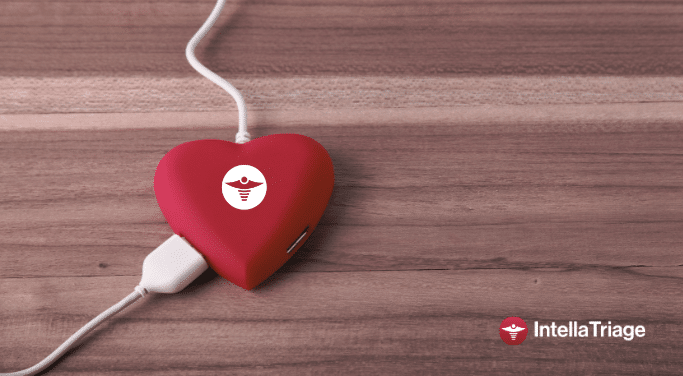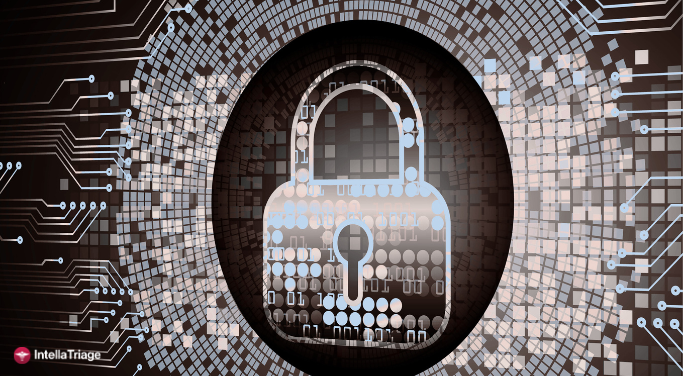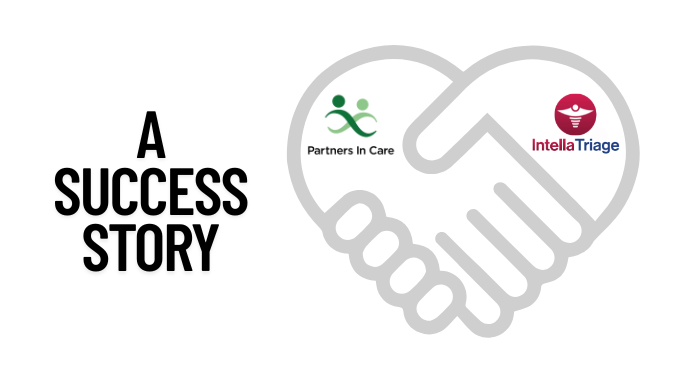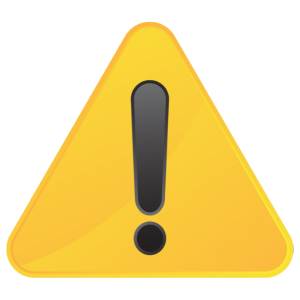In hospice care, the patient experience is everything. It’s not just about how an agency measures in numbers or scores—it’s about the team ensuring that the final moments of life are as dignified and comfortable as possible. Imagine the difference between calling your hospice agency in the middle of the night and getting an answering service versus reaching a compassionate nurse within seconds. One scenario leaves you waiting in anxiety, while the other brings immediate relief and support. This is the power of nurse triage.
When we think about patient experience, it’s crucial to remember that behind every score is a human being. Measuring metrics such as the time it takes to answer a call, how quickly help arrives, and whether a problem is resolved on the first contact are key data points. But they are so much more. They are indicators of the care and compassion provided when needed.
Patient Experience Scores Impacted After Hours
Healthcare often focuses on patient satisfaction scores, such as results of measures like HCAHPS, HHCAHPS, and CAHPS, which are essential for quality assessments and, sometimes, reimbursement. However, in hospice, we especially need to remember that these scores represent much more than metrics—they reflect the quality of care during a family’s most vulnerable moments. We must also remember that when those moments occur outside of regular business hours, access to a clinician is just as essential – if not more – for a good experience.
Getting Timely Help (CAHPS)
Family caregivers report how often:
- They received help as soon as they needed it when they asked the hospice team for assistance.
- They got the help they needed from the hospice team during evenings, weekends, or holidays.
What this really means: Did your agency answer when they called? How long did it take to reach a nurse? I.e., how long was the worry, anxiety, and pain prolonged? Timely responses reduce anxiety and ensure that care is provided when it’s most needed.
Communication with Family (CAHPS)
Family caregivers reported how often the hospice team:
- Kept them informed about when they would arrive to care for their family member
- Explained things in a way that was easy to understand
- Listened carefully to them when they talked about problems with their family member’s hospice care
- Kept them informed about the family member’s condition
- Listened carefully to them
- Gave them confusing or contradictory information about their family member’s condition or care
What this really means: Did the family members feel heard and that their concerns were taken seriously? Triage nurses who listen attentively can gather critical information to provide appropriate guidance and escalate care when necessary, improving the overall patient and caregiver experience. Nurse triage services must also ensure that the information provided is accurate and consistent with the care plan. Any conflicting information can cause confusion and distress, so triage nurses must communicate effectively and ensure all advice aligns with the established care guidelines.
Meaningful After-Hours Triage Metrics:
The following questions should help you create essential key performance indicators that your agency should measure regularly to understand better how effectively you provide after-hours care. This will ultimately lead to an improved patient experience.
-
- How long did it take to answer the call?
- How quickly was a nurse reached?
- Was the problem resolved on the first call?
- Did the caregiver speak to a knowledgeable, compassionate nurse? Did that nurse have access to the patient care record?
By focusing on these key indicators, agencies can ensure they provide the highest quality of care exactly when needed. Remember, though, these metrics are not just numbers—they reflect the real experiences of patients and their families.
At IntellaTriage, we prioritize human connection. Our nurses answer calls within 42 seconds on average, ensuring that patients and their families receive immediate, knowledgeable, and compassionate care. The nurses are trained in your agency’s electronic medical records system and can see up-to-date care plans. They work to resolve the caller’s concerns according to your agency’s triage protocols. This is about providing the best possible patient experience by reducing anxiety and preserving dignity in the final days, weeks, and months of life.
Hospice is a profoundly human service, and we believe that keeping humanity at the forefront of care is the key to genuinely supporting those we serve. At IntellaTriage, we don’t just answer the call— as an extension of your care team, we answer the need for compassionate, quality care.
Contact Us for a Consultation
Ready to optimize your triage process? Reach out to us today for a consultation tailored to your needs. Let’s elevate your patient care together.
More From The Blog
Recent data breaches are once again highlighting the urgency of securing protected health information (PHI). In March 2025, Yale New Haven Health System disclosed that an unauthorized third party accessed the personal data of nearly 5.6 million patients. Around the same time, Kentucky’s Cumberland County Hospital suffered a breach affecting more than 36,000 individuals, including [...]
Partners In Care - A Success Story. Partners In Care is a 5-star nonprofit provider of hospice, palliative, and home health services in Oregon. When they decided to reevaluate their after-hours care model, the goal was clear: prioritize patient care while supporting the nurses who make it all possible. Their home health and hospice nurses [...]
We have been made aware of a fraudulent job scam in which individuals are impersonating IntellaTriage and offering fake job opportunities. These scammers are emailing candidates directly and/or reaching out through platforms such as LinkedIn, posing as recruiters or hiring managers. Victims report being sent fraudulent checks with instructions to purchase equipment or gift cards. [...]

